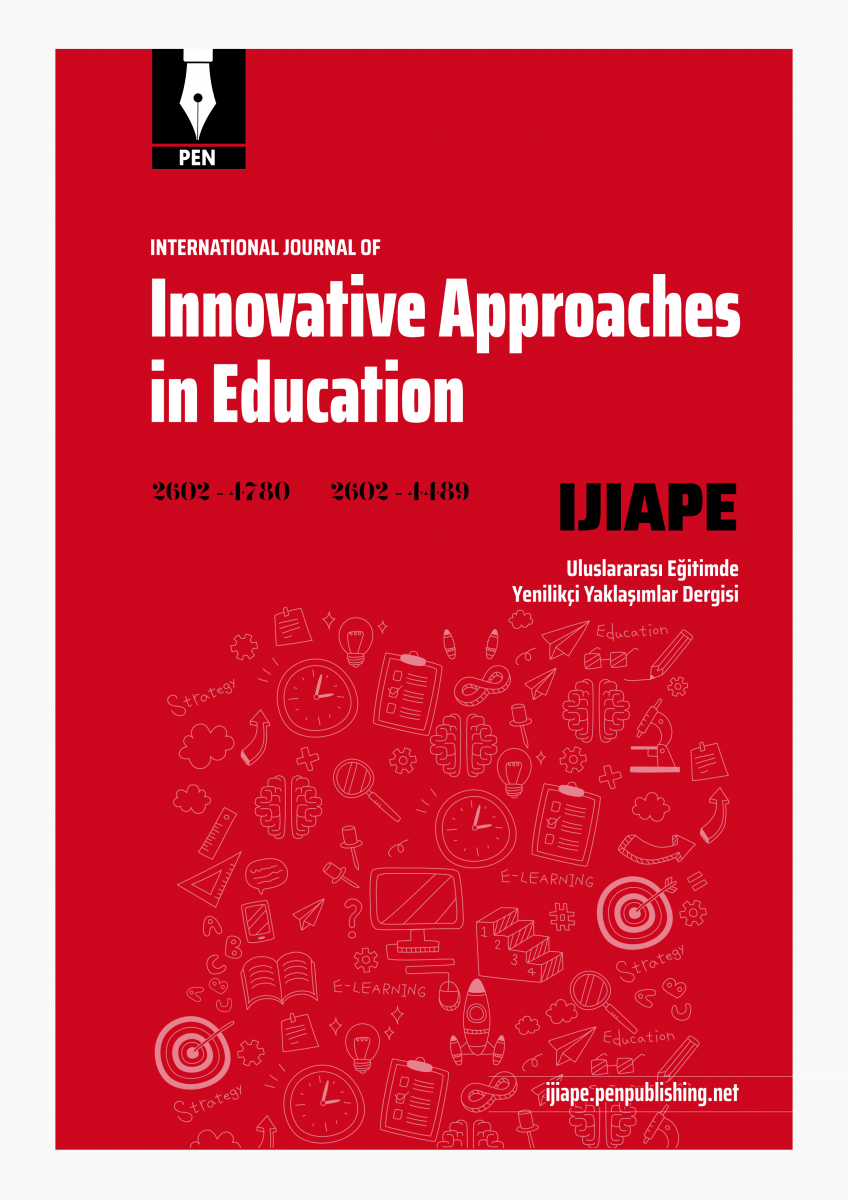- Aydeniz, M., & Gürçay, D. (2013). Assessing quality of pre-service physics teachers’ written arguments. Research in Science & Technological Education, 31(3), 269-287, DOI: 10.1080/02635143.2013.834883 [Google Scholar]
- Aydeniz, M., Pabuccu, A., Cetin, P. S., ve Kaya, E. (2012). Impact of argumentation on college students’ conceptual understanding of properties and behaviors of gases. International Journal of Science and Mathematics Education, 10, 1303–1324. [Google Scholar]
- Çetin, P. S. (2014). Explicit argumentation instruction to facilitate conceptual understanding and argumentation skills. Research in Science & Technological Education, 32(1), 1-20, DOI: 10.1080/02635143.2013.850071 [Google Scholar]
- Cross, D., Taasoobshirazi, G., Hendricks, S., & Hickey, D. T. (2008). Argumentation: A strategy for improving achievement and revealing scientific identities. International Journal of Science Education, 30(6), 837-861. [Google Scholar]
- Erduran, S., Simon, S., & Osborne., J. (2004). TAPping into argumentation: Developments in the application of Toulmin’s argument pattern for studying science discourse. Science Education, 88(6), 915–33. [Google Scholar]
- Erduran, S., & Jiménez-Aleixandre, M. P. (2008). Argumentation in science education. Perspectives from classroom-based research. Dordrecht: Springer. [Google Scholar]
- Kaya, E., Erduran, S., & Çetin, P. S. (2012). Discourse, argumentation, and science lessons: match or mismatch in high school students' perceptions and understanding?. Mevlana International Journal of Education, 2(3), 1-32. [Google Scholar]
- Martín-Gámez, C. & Erduran, S. (2018).Understanding argumentation about socio-scientific issues on energy: a quantitative study with primary pre-service teachers in Spain. Research in Science & Technological Education, DOI: 10.1080/02635143.2018.1427568 [Google Scholar]
- McNeill, K. L., & Knight, A. M. (2013). Teachers' pedagogical content knowledge of scientific argumentation: The impact of professional development on k-12 teachers. Science Education, 97, 937-972. [Google Scholar]
- Newton, P., Driver, R., & Osborne, J. (1999). The place of argumentation in the pedagogy of school science. International Journal of science education, 21(5), 553-576. [Google Scholar]
- Kaya, E. (2013). Argumentation Practices in Classroom: Pre-service teachers' conceptual understanding of chemical equilibrium. International Journal of Science Education, 35(7), 1139-1158, DOI: 10.1080/09500693.2013.770935 [Google Scholar]
- Osborne, J., Erduran, S., & Simon, S. (2004). Enhancing the quality of argument in school science. Journal of Research in Science Teaching, 41(10), 994–1020. [Google Scholar]
- Özdem, Y., Cakiroglu, J.,Ertepinar, H., & Erduran. S. (2013). The Nature of Pre-Service Science Teachers’ Argumentation in Inquiry-Oriented Laboratory Context. International Journal of Science Education, 35(15), 2559–2586. [Google Scholar]
- Özdem-Yilmaz, Y., Cakiroglu, J., Ertepinar, H., & Erduran, S. (2017). The pedagogy of argumentation in science education: science teachers’ instructional practices, International Journal of Science Education, 39(11), 1443-1464, DOI:10.1080/09500693.2017.1336807 [Google Scholar]
- Simon, S. (2008). Using Toulmin’s argument pattern in the evaluation of argumentation in school science. International Journal of Research & Method in Education, 31(3), 277-289. [Google Scholar]
- Simon, S., Erduran, S., & Osborne, J. (2006). Learning to teach argumentation; research and development in the science classroom. International Journal of Science Education, 28(2–3), 235–60. [Google Scholar]
- Toulmin, S. (1958). The uses of argument. Cambridge: Cambridge University Press. [Google Scholar]
- Venville, G. J., & Dawson, V. M. (2010). The impact of a classroom intervention on grade 10 [Google Scholar]
- students’ argumentation skills, informal reasoning, and conceptual understanding of science. Journal of Research in Science Teaching, 47(8), 952–977. [Google Scholar]
- Zohar, A., & Nemet, F. (2002). Fostering students’ knowledge and argumentation skills through dilemmas in human genetics. Journal of Research in Science Teaching, 39(1), 35–62. [Google Scholar]
|

